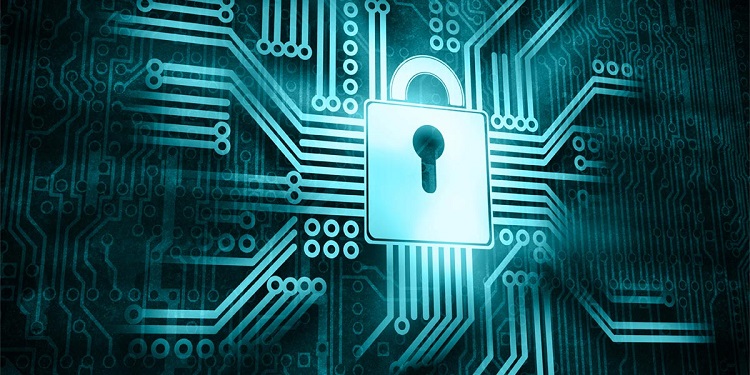Services Digital Forensics eDiscovery: Bridging the Gap Between Technology and Legal Proceedings
In our increasingly digital world, the intersection of technology and legal matters has become more pronounced than ever. As businesses and individuals rely heavily on electronic data, the demand for comprehensive services that combine digital forensics and eDiscovery has surged. This article will explore what these services entail, their significance in legal contexts, and how they can benefit organizations and legal professionals alike.
What Are Digital Forensics and eDiscovery?
Digital Forensics
Digital forensics is the practice of identifying, preserving, analyzing, and presenting digital evidence in a legally admissible manner. This field encompasses a range of devices, including computers, smartphones, tablets, and servers. Digital forensics aims to recover lost data, investigate cybercrimes, and provide clear evidence for legal proceedings.
eDiscovery
eDiscovery, or electronic discovery, refers to the process of collecting, reviewing, and producing electronically stored information (ESI) in response to legal requests. This can involve emails, documents, social media data, and any other form of digital communication that may be relevant to a case. eDiscovery is essential in legal disputes as it ensures that all pertinent information is identified and made available for examination.
When combined, digital forensics and eDiscovery provide a powerful toolkit for legal teams seeking to navigate complex digital landscapes.
Key Services in Digital Forensics eDiscovery
1. Data Collection and Preservation
The first step in any eDiscovery process is to gather relevant data while ensuring its integrity. Digital forensics experts use specialized tools to collect information from various sources, including cloud storage, servers, and individual devices. By preserving data in its original format, they prevent any alterations that could compromise its validity in court.
2. Data Analysis
Once the data is collected, forensic experts analyze it to identify patterns, anomalies, and relevant information. This stage often involves the use of advanced software that can sift through massive amounts of data efficiently. The analysis helps uncover critical evidence that may support or refute claims in legal disputes.
3. Review and Categorization
After analysis, the data undergoes a thorough review process. Legal teams and forensic specialists work together to categorize documents based on relevance to the case. This step is crucial for identifying key evidence and preparing for subsequent legal proceedings.
4. Production of Evidence
Once the relevant data is identified and categorized, it must be prepared for legal submission. Digital forensics eDiscovery services ensure that all documents are produced in a manner compliant with legal standards. This may involve creating detailed reports, exporting data in specified formats, and providing clear documentation of the processes used.
5. Expert Testimony
In some cases, forensic experts may be called upon to testify in court. Their ability to present complex technical information in an understandable manner can be instrumental in helping judges and juries comprehend the evidence. Expert testimony adds credibility to the findings and can significantly impact the outcome of a case.
The Importance of Digital Forensics eDiscovery Services
1. Streamlining Legal Processes
By integrating digital forensics and eDiscovery, legal teams can streamline their processes, saving time and resources. Efficient data collection and analysis reduce the time spent on legal discovery, allowing attorneys to focus on case strategy.
2. Enhancing Legal Compliance
Many industries are subject to strict regulations regarding data management and retention. Digital forensics eDiscovery services ensure that organizations remain compliant with legal requirements, mitigating the risk of penalties or litigation.
3. Uncovering Critical Evidence
In today’s digital landscape, key evidence often resides in electronic formats. The ability to recover and analyze this data can be the difference between winning and losing a case. Digital forensics eDiscovery services empower legal professionals to uncover vital information that may not be immediately apparent.
4. Protecting Reputation
A well-executed eDiscovery process can help organizations protect their reputation. By demonstrating a commitment to transparency and compliance, businesses can build trust with stakeholders and mitigate damage during legal disputes.
Conclusion
As technology continues to evolve, the importance of services digital forensics eDiscovery will only grow. These services not only facilitate the legal process but also ensure that individuals and organizations can navigate the complexities of electronic data management. By investing in digital forensics eDiscovery services, legal professionals can enhance their capabilities, uncover critical evidence, and protect their clients’ interests in an increasingly digital world. Embracing these services is not just a smart choice; it’s essential for achieving success in today’s fast-paced legal landscape.

